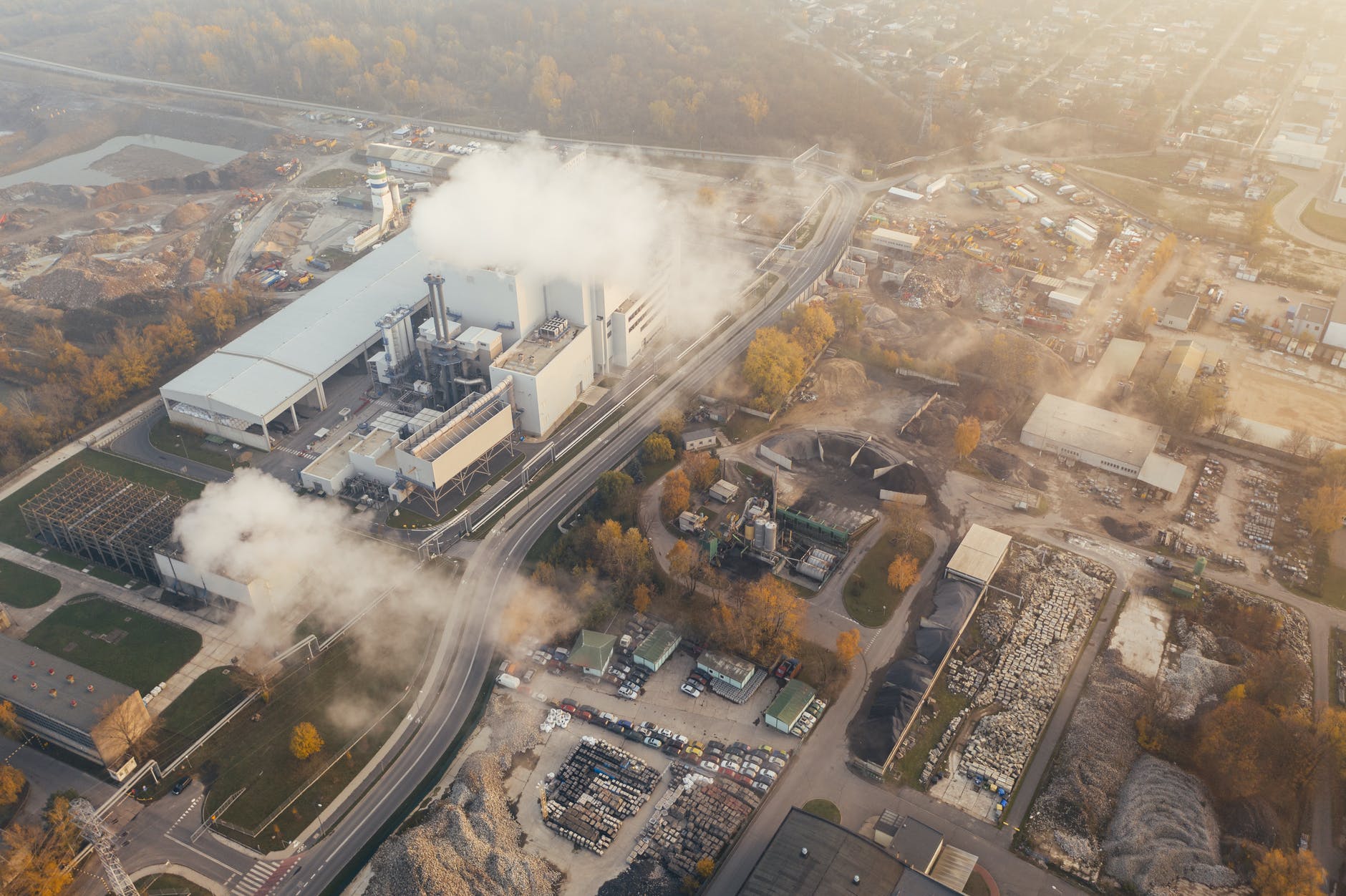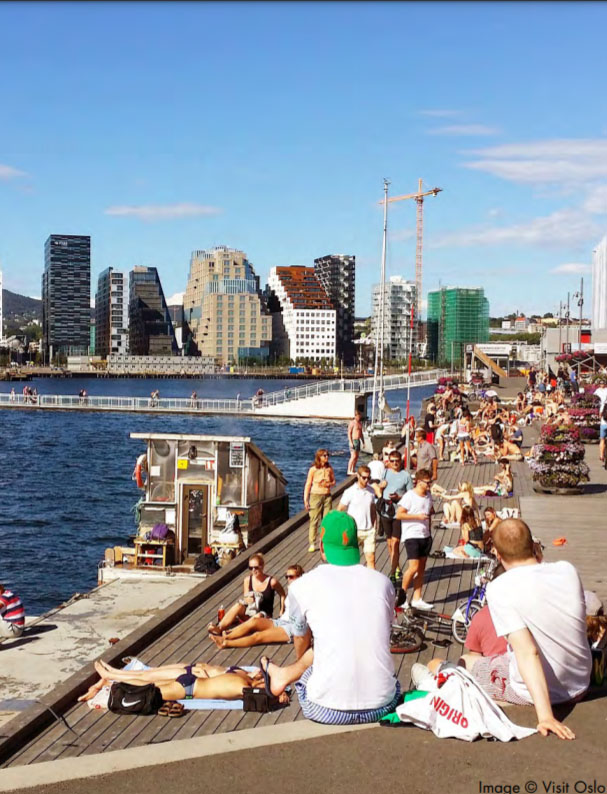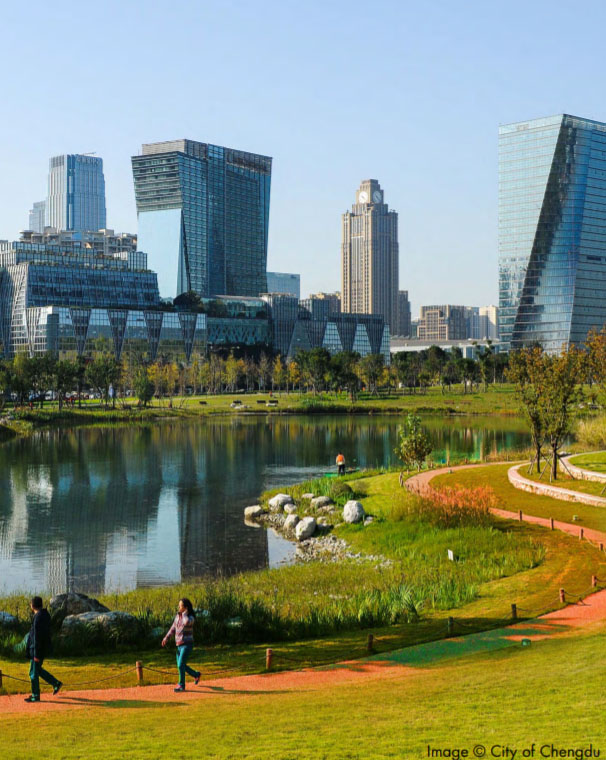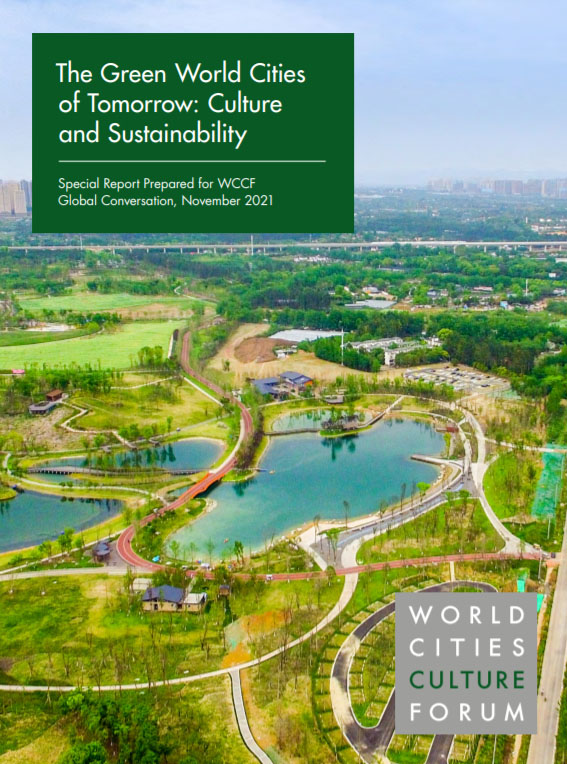To accompany the Forum’s Global Conversation which took place on November 4, and coinciding with COP 26, this new report published by the World Cities Culture Forum looks at how major cities around the world are responding to climate change through cultural policies and programmes. The Director and Chair of the Forum make clear in their foreword to the report that as cities recover from the impact of Covid-19 issues of sustainability must be at the heart of this – it will not be enough to get back to where we were, but rather to put the policies in place that will ensure that cities are thriving places to live and work for decades to come.
The urgency around this is clear. Climate change is a crisis that threatens the entire planet, and that includes its major cities. Many of the world’s most populous urban settlements are built along coasts and estuaries, and as extreme weather events have become more common, even the most prosperous of cities are suffering the effects. In the face of the emergency, cities around the world are increasingly recognising that culture will be a part of their response.
A survey of Forum members presented in the report demonstrates the extent to which city governments regard environmental issues as a major priority for their administration, with more than half of members having declared a climate emergency. Some 57% of cities’ cultural policies make reference to environmental challenges, and these policies take the form of practical actions and investment: investing in low-carbon cultural venues, commissioning artworks with environment themes, and providing relevant training for the sector. However, much more still needs to be done – particularly in terms of embedding climate change more strategically and within management processes, including dedicated budgets, working across departments and monitoring and reporting requirements.
To get a better sense of what needs to happen, leading global experts from across sectors were interviewed to build up a picture of the environmental challenges that cities face, and the ways in which culture can address them. A repeated message was that culture has a distinctive and vital role to play in terms of helping citizens to reimagine what their cities can look like, and drive positive behavioural change. As Lucy Latham from the Carbon Disclosure Project says: “Arts and culture are unique in how they can shift narratives and make issues that can be polarising relevant to a broad variety of people. They can make challenges understandable and actions inspirational.”
Many Forum members are working to achieve exactly this, and case studies in the report, ranging from Chengdu’s Park City plan through to Buenos Aires’s citizen engagement programmes demonstrate how culture and the environment are becoming central pillars to the infrastructure, values and identity of cities. But the report is anything but complacent and puts forward five imperatives for cultural policy in a climate emergency. These constitute a bold rallying cry, declaring that the seriousness of the crisis means that all arms of city government must take action and urging an increasing role for culture in terms of inspiring citizens, hardwiring climate impacts into policies and decisions, investing at scale and putting in place the cultural infrastructure that reflects the values of good stewardship and long-term consideration for a city’s future.











